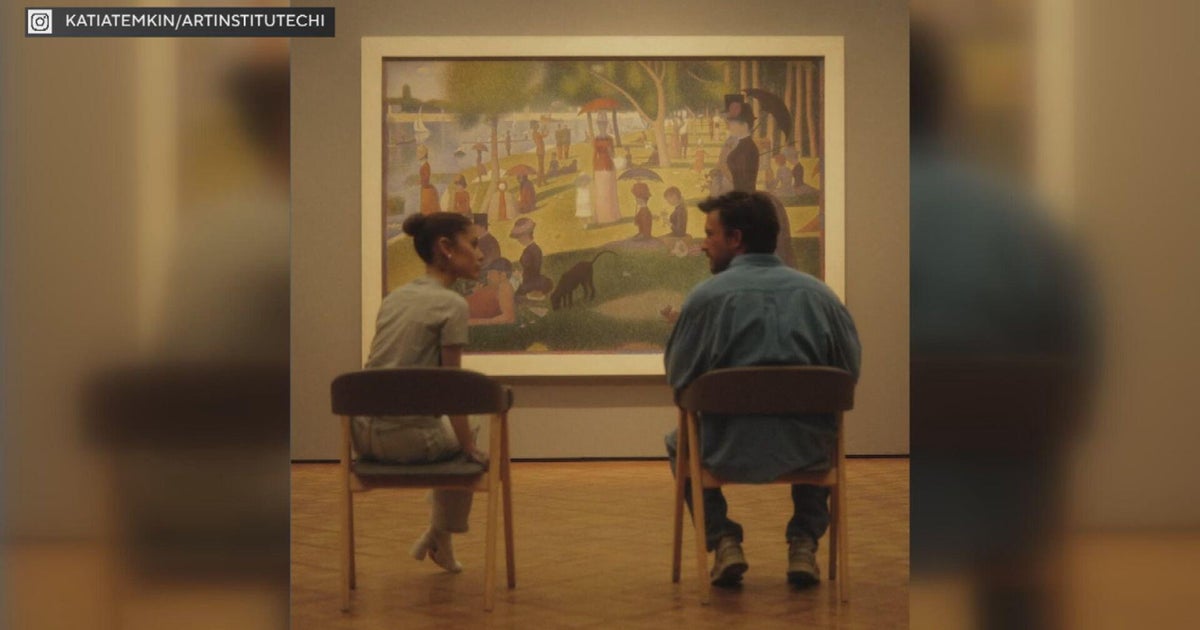Artist Jack Levine Dies At NYC Home At Age 95
NEW YORK (AP) -- The social realist artist Jack Levine, who skewered the rich and powerful in paintings that echoed Old Masters like Goya and El Greco stylistically, has died. He was 95.
Levine's son-in-law, Leonard Fisher, said the artist died Monday at his New York City home.
PHOTO GALLERY: Notable Deaths 2010
Levine's works are in the collections of major museums including the Art Institute of Chicago, New York's Museum of Modern Art and Metropolitan Museum of Art, and the National Gallery of Art in Washington.
Born in Boston in 1915, Levine found work as a young man with the federal Works Progress Administration. He achieved wide recognition when his 1937 painting "The Feast of Pure Reason,'' a critique of political corruption, was acquired by the Museum of Modern Art.
Levine's career was interrupted by a stint in the Army from 1942 to 1945. After the war he married artist Ruth Gikow and moved to New York.
His 1946 painting "Welcome Home,'' a satire of military power, generated controversy when it was later shown in a State Department exhibition that traveled to Moscow.
Levine was subpoenaed to appear before the House Un-American Activities Committee, though he has said that in the end he never did.
Levine remained a figurative painter throughout his career and fell out of fashion with the ascendance of abstraction at mid-century.
"I love the Old Masters,'' he said in 2005. "I don't care for anybody modern. ... I want to paint with the dead ones.''
In a 2004 essay in New York magazine, writer Pete Hamill said Levine was a man of the left but never an ideologue.
"He knew what side he was on and what he wanted to put in his paintings,'' Hamill said. "But he expressed his vision; he did not illustrate it.''
Levine's work encompassed Biblical themes in addition to political commentary. His "Cain and Abel'' was acquired by the Vatican in 1973.
He was the subject of a 1979 retrospective at New York City's Jewish Museum and continued to work through the 1990s.
Levine is survived by his daughter, Susanna Fisher, his son-in-law and two grandchildren.
"I am primarily concerned with the condition of man,'' he said in 1952. 'The satirical direction I have chosen is an indication of my disappointment in man, which is the opposite of saying that I have high expectations for the human race.''
(Copyright 2010 by The Associated Press. All Rights Reserved.)







